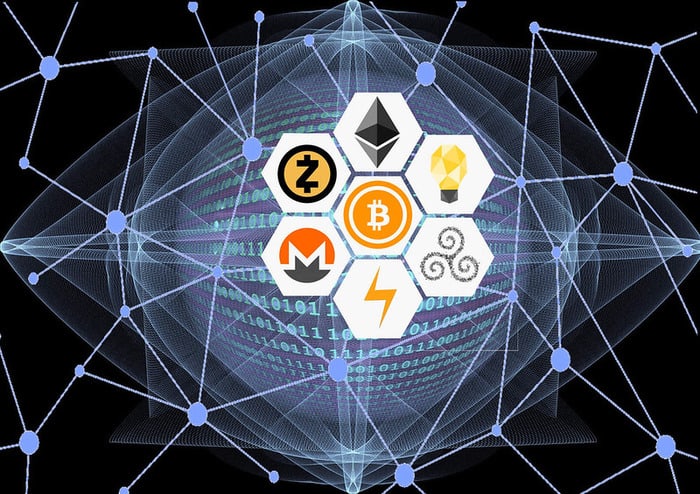The world of tech is always evolving but rarely is age as marked by rapid development as the 2020s. With cryptocurrencies, NFTs, and blockchain technology affecting so many aspects of the technological world, it’s inevitable that they will eventually come for gaming. Each of these has already carved an important path, and each is likely to play a growing part in the future, so how do these operate in the gaming space, and what sets each one apart?
Crypto Gaming
Crypto in gaming tends to be involved as a form of direct payment. In video games, this has been illustrated by the likes of Steam. On April 2016, Valve’s PC gaming platform opened itself up to crypto payments for its games, giving players one of the first mainstream ways to involve their bitcoin with the video gaming world. This didn’t last long, however, as Steam ceased support in December 2017. Since then, it’s been a key selling site that allowed gamers to purchase titles, which, while indirect, offer the same range to choose from.
A more reliable and ongoing relationship between gaming and crypto has come from the world of online casino games. BitStarz Casino was a breakout early example of this relationship, as it opened its doors to crypto offerings back in 2014, beating Steam by two full years. Since then, this casino has developed to offer a broad range of games like slots, table games, and live dealer experiences on both desktop and mobile systems. On this system, both withdrawals and deposits are possible with cryptos like Bitcoin, Litecoin, Ethereum, and more.

NFTs in Gaming
The arrival of NFTs in the gaming space is most evident in titles that offer trading markets. Games like Team Fortress 2 and CS: GO have built profound influence in this area, with some of the items available being valued at over $100,000, according to Dexerto. The problem is that these markets are often unofficial and poorly regulated, leading to issues in implementation.
NFTs games would adopt a more official system of trading, where items would come with a token that could be better bought and sold on the open market. This would encourage transparency and safer systems and has already been proposed by developers like Ubisoft, testing the waters of what is possible.
Blockchain Gaming
Blockchain gaming is slightly more of a catch-all term that includes NFTs and cryptocurrencies and, more importantly, allows a direct way for players to earn while they play. The inclusion of blockchain technology within a game’s code could allow the collection of proprietary crypto, which could then be boosted through winning events or completing achievements. In this way, blockchain could act sort of like a Gamerscore for a game or developer, possibly returning more value than a player’s initial financial investment.

“Blockchain technology” (Public Domain) by TLC-kios
Though each of these technologies shows considerable promise, so far, it’s only really the crypto form of gaming that has taken off. As video games and casinos have had killer platforms and apps on the crypto front, NFTs and blockchains are still awaiting a game-changing release. With the direction the wind is blowing, it looks to just be a matter of time, but as for when they arrive, that’s more difficult to predict.